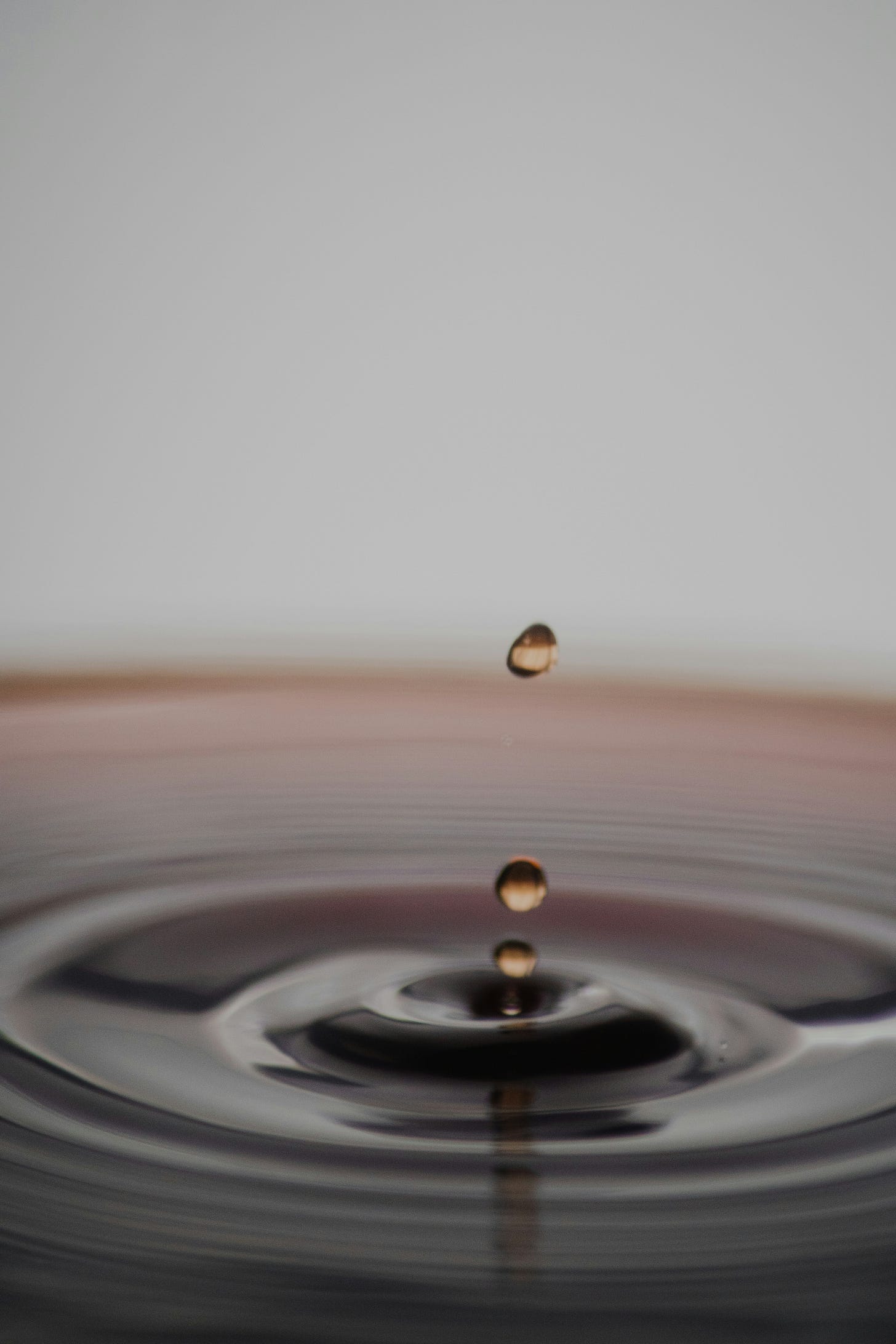In updates
Stories in a time of limbo

Right now is a season in limbo. We are heading today into what could be a prolonged period of uncertainty: about election results, about peaceful transitions of power, about democracy, about the ripple effects world wide.
But I’ve also spent the past many weeks in my own limbo as I wait for my editor to come back with his edits of my book manuscript. After a grueling period finishing a manuscript draft (the Olympics were interspersed in there a bit) has come a moment of suspended progress. As much as it has been a break from the manuscript and the writing (to such an extent that the paper copy I edited is on the top of a bookshelf so that I cannot aimlessly flick through it, as is my project notebook), there is also something looming up ahead. Another period of high-stakes, intense work.
In between finishing and whenever I begin revising, I caught Covid for the first time since the pandemic began. The actual illness portion of it was mild. In terms of fever, sore throat, coughing, sneezing, etc, I’ve had worse common colds. On the other hand, the fatigue (by which I mean a combo of fatigue, dizziness, nausea, breathlessness, and so on) was not a joke. In fact it was the mildness of the “cold-like” portion of affairs that prompted me to test, so that I knew whether to push myself physically or halt everything for a bit. I’m fine now, but it took a few weeks to get back to normal.
And that means that since my Olympic dispatches and now, I’ve watched a fair amount of television. So some highlights, not in any particular order:
In other years, I’ve watched more of the Paralympics than I managed this year, but it remains the case that Channel 4’s coverage must surely be the best in the world. Wall-to-wall, morning to evening, bringing together experienced play-by-play commentators with equally experienced former-Paralympians-turned-analysts. The most impressive broadcast I saw were for the triathlons and the road races. For each, several categories were running nearly simultaneously, and somehow the commentators were moving seamlessly from category to category. One moment, the camera was showing the lead of a men’s handcycle race, the next someone getting lapped in one of the C1 categories. Peerless stuff.
I haven’t finished Culinary Class Wars yet, but once I got past the uninspiring title, I found this “Physical 100 for chefs” to be incredible. An underdiscussed aspect of Physical 100 is how these Korean reality competition shows often cast Korean Americans (or Koreans who have lived in the US - and at times that distinction matters). Since I can’t speak or understand Korean, it is not always easy to tell that this is going on. I was several episodes in before I realized that the judge they all feared had not only lived in the US (that part became obvious when in the middle of a critique he tossed out the phrase “some bullshit” - a more American idiomatic expression it’s hard to imagine) but had served in the US Army. But he does not consider himself a second-generation immigrant (or if he does, he does not see himself as similar to the other second-generation immigrants). Top Chef Masters contestant and White House state dinner chef Edward Lee, on the other hand, does. And as someone who has been moved by the steadily growing presence of second-generation stories - and who would argue that there is something about being a second-generation in your 40s that makes me see anew how profound an experience that was - Edward Lee’s journey alone makes Culinary Class Wars worth watching. The show is also one of very few cooking shows where older women who cook homestyle food aren’t just shoved out in the first round.
The Guardian’s headline for Netflix’s Territory calls it “Succession in the Outback,” but honestly, nearly beat for beat, this is Yellowstone’s Australian cousin. There’s an enormous, largest-in-the-country ranch/cattle station owned by white people who talk about how far the land goes back in their families while indigenous people make do on nearby settlements/reservations. There is a motley crew of possible heirs, all worn down by a tyrannical patriarch. (If Territory’s patriarch seems so much worse than Yellowstone’s, it’s only because Kevin Costner is a beloved American icon whose eulogy at Whitney Houston’s funeral was breathtaking. John Dutton brands people. So far as we can tell, Colin Lawson doesn’t.) Territory is more compressed at six episodes. (If Territory is Australian Yellowstone, Yellowstone is Sons of Anarchy on horseback, complete with the unruly storytelling. Taylor Sheridan learned from Kurt Sutter, after all.) There’s probably something to be said about how both shows present the white ranchers as born to the land and its protectors, with only oblique references to how the murderous way their ancestors got to that position, squaring up against environmentally reckless capitalist (and also white) billionaire interlopers. Territory is good and interesting on its own, but it’s also a fascinating moment that these are the kind of stories we’re getting right now from settler nations.
Two reviews of mine have been published in the past few months. In my first essay for London Review of Books, I wrote about Erik Linstrum’s history of British responses to British wars in Malaya, Kenya, and Cyprus. And for The Observer, I reviewed Ekow Eshun’s The Stranger. And last week, I gave the Black History Month lecture at St. John’s College, Oxford.
And whatever tomorrow morning brings, we’ll meet it.
